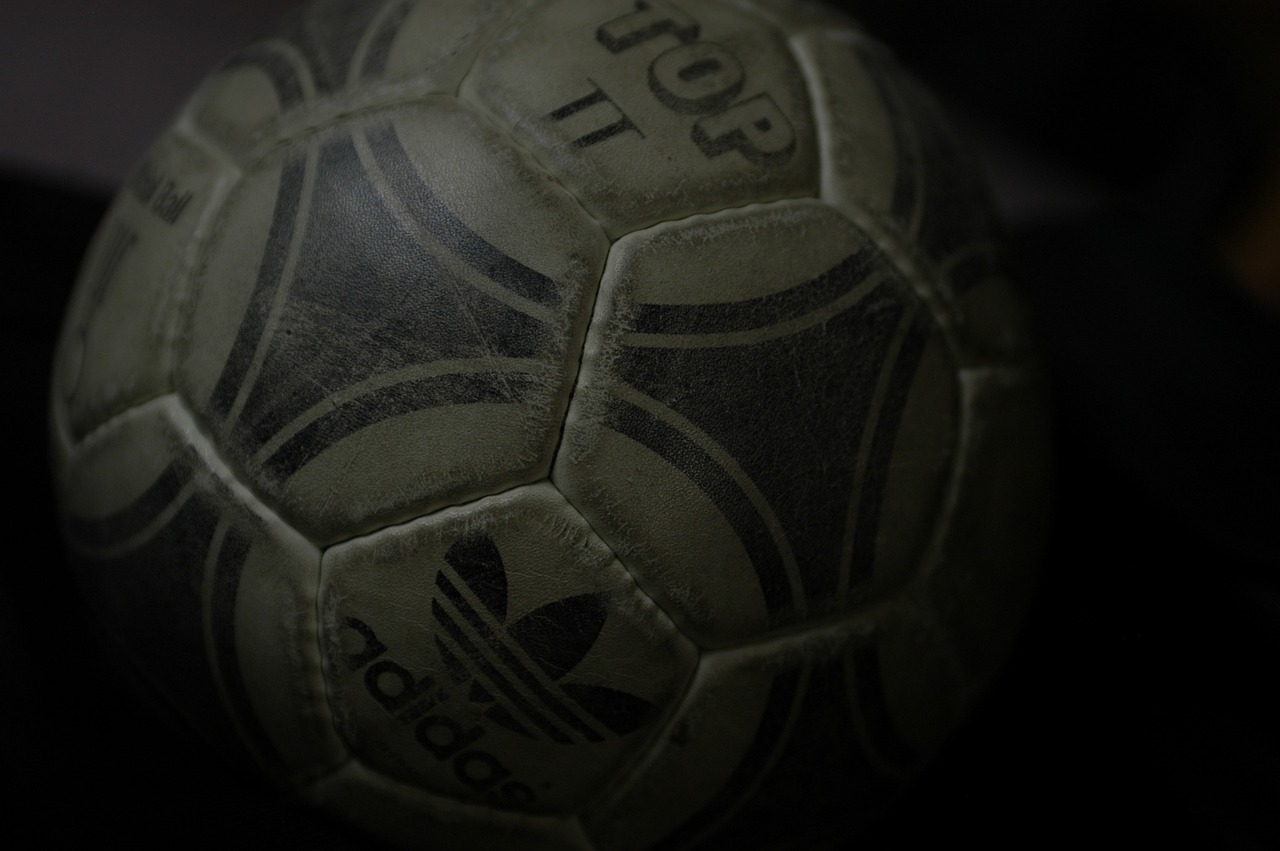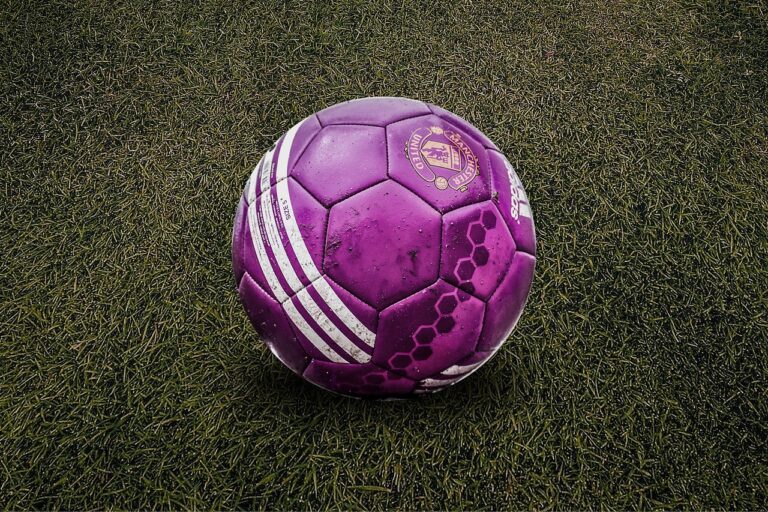Exploring the Role of Recovery Nutrition in Injury Rehabilitation: Laser 247 book, Silverexch com, 11xplay
laser 247 book, silverexch com, 11xplay: Exploring the Role of Recovery Nutrition in Injury Rehabilitation
As athletes, we all know that injuries are an unfortunate part of the game. Whether it’s a sprained ankle, a torn ACL, or a stress fracture, injuries can be frustrating and challenging to overcome. However, one often overlooked aspect of injury rehabilitation is recovery nutrition.
Nutrition plays a crucial role in the healing process, helping to repair damaged tissues, reduce inflammation, and speed up recovery time. In this article, we will explore the importance of recovery nutrition in injury rehabilitation and provide some tips on how to optimize your diet for recovery.
The Importance of Recovery Nutrition
When you’re injured, your body needs more nutrients than usual to repair damaged tissues and support the healing process. Protein, in particular, is essential for rebuilding muscle and tissue, while vitamins and minerals help to reduce inflammation and support overall recovery.
In addition to supporting the physical healing process, proper nutrition can also help to boost your immune system, improve energy levels, and reduce the risk of complications during recovery. By fueling your body with the right nutrients, you can help to speed up the healing process and get back on your feet faster.
Tips for Optimizing Your Recovery Nutrition
1. Focus on Protein: Make sure to include plenty of high-quality protein sources in your diet, such as lean meats, fish, eggs, dairy, and plant-based protein sources like beans, nuts, and tofu.
2. Eat a Variety of Fruits and Vegetables: Fruits and vegetables are packed with vitamins, minerals, and antioxidants that can help to reduce inflammation and support the healing process.
3. Stay Hydrated: Drinking plenty of water is essential for overall health and can help to flush out toxins, reduce inflammation, and support the healing process.
4. Avoid Processed Foods: Processed foods are often high in sugar, unhealthy fats, and additives that can hinder the healing process. Instead, focus on whole, nutrient-dense foods.
5. Supplement Wisely: In some cases, a supplement may be necessary to ensure you’re getting all the nutrients you need for optimal recovery. Consult with a healthcare professional before adding any supplements to your regimen.
6. Listen to Your Body: Pay attention to how different foods make you feel and adjust your diet accordingly. Your body knows best what it needs to heal and recover.
FAQs
Q: Can I still exercise while recovering from an injury?
A: It depends on the type and severity of your injury. Always consult with your healthcare provider before engaging in any form of exercise during the recovery process.
Q: How soon should I start focusing on recovery nutrition after an injury?
A: As soon as possible! The sooner you start fueling your body with the right nutrients, the faster you’ll be able to recover and get back to your active lifestyle.
Q: Are there any specific nutrients that are especially important for injury recovery?
A: Protein, omega-3 fatty acids, vitamin C, and zinc are all essential nutrients for promoting tissue repair and reducing inflammation during the healing process.
In conclusion, recovery nutrition plays a crucial role in injury rehabilitation. By fueling your body with the right nutrients, you can support the healing process, reduce inflammation, and speed up recovery time. Remember to focus on protein, fruits and vegetables, hydration, and avoid processed foods to optimize your recovery nutrition. Listen to your body, consult with a healthcare professional, and prioritize your nutrition to ensure a smooth and successful recovery journey.







